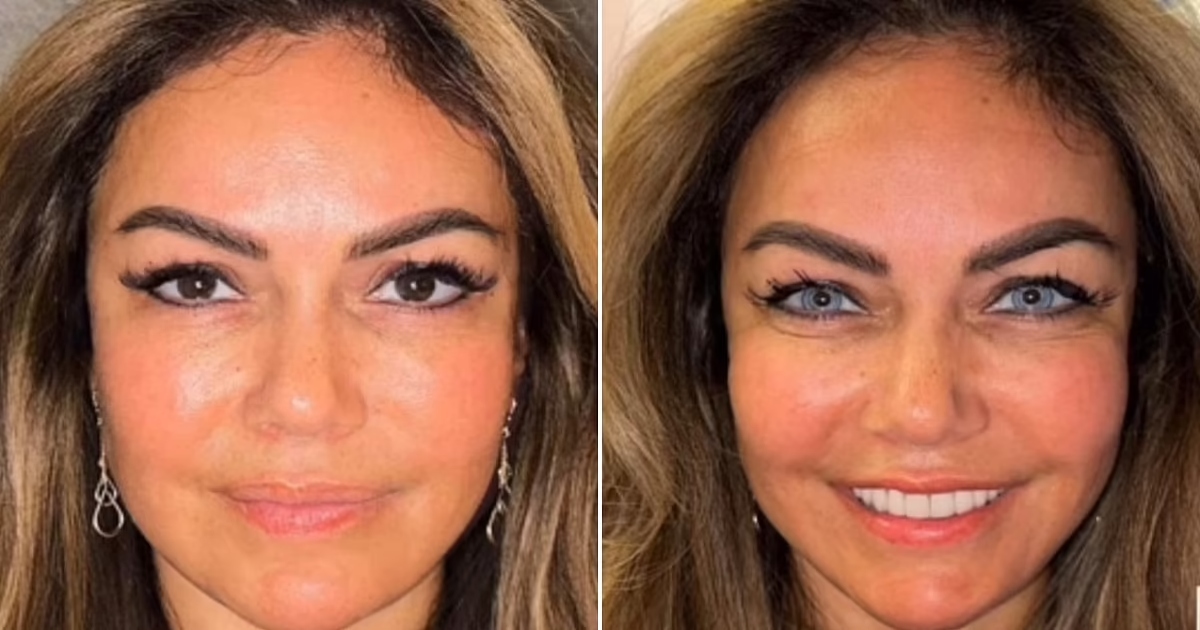
What is Keratopigmentation (Eye Tattooing)? And why is it not recommended by most Eye Care Professionals?
Achieving a change in eye colour is an aesthetic goal desired by many people, which is why, up to now, the use of contact lenses to achieve it temporarily is quite common. However, in recent years several unconventional surgical techniques have emerged without sufficient scientific evidence that offer the possibility of permanently changing eye colour, and one of them is Keratopigmentation.

Keratopigmentation is a cosmetic procedure to permanently change eye colour by inserting specially coloured pigments into a laser-created tunnel in the cornea.
What determines the colour of the eyes?
First of all, it must be taken into account that eye colour is a genetic trait that is determined by the amount and distribution of melanin in the iris (coloured tissue found in the front part of the eye and whose central opening is the pupil). In other words, what will determine whether certain eyes are darker or lighter than others are the amount of pigment (melanin) that each person has in the iris.
Thus, people with a greater amount of melanin in the front layers of the iris have eyes between brown and black, and, conversely, the less amount of said pigment there is, the lighter the color of the eyes: blue, green or honey color.
Warnings against Eye Colour-Changing Surgeries!
There are two eye colour-changing surgeries that are trending on social media: iris implant surgery and a laser surgery that inserts pigment into the cornea. Both of these surgeries carry serious risks for vision loss and complications. Patients contemplating these procedures for cosmetic reasons alone must weigh these serious risks against the potential gain.
Iris implants have been used for patients who are missing part or all of their iris, the coloured part of the eye, due to injury or a birth defect. Surgery involves inserting an artificial iris made of silicone through a slit that has been cut into the eye at the edge of the cornea. Then the artificial iris is unfolded inside of the eye and adjusted to cover the natural iris.
Patients who have the procedure for medical reasons also risk complications from implant surgery, but the benefits of gaining an iris may outweigh their risks. In some cases, these devices have been inappropriately adapted for cosmetic use. Instead of repairing a defect, they are placed on top of a normal, intact iris to change iris colour. Serious complications have been reported in patients receiving iris implants for cosmetic reasons, even requiring removal of the implant.
Potential complications of cosmetic iris implant surgery include:
- Reduced vision or blindness;
- Light Sensitivity;
- Elevated pressure inside the eye that can lead to glaucoma, a potentially blinding disease;
- Cataract, or clouding of the eye’s naturally clear lens;
- Injury to the cornea, the clear outer area of the eye that focuses light and makes vision possible. If severe enough, a corneal transplant may be needed;
- Inflammation of the iris or areas around it, leading to pain, blurred vision and tearing.
Keratopigmentation, also referred to as eye tattooing, is surgery performed on the cornea itself. The natural cornea is crystal clear and shows the color of the iris underneath it inside the eye. Keratopigmentation involves using a needle or a laser to create space in the cornea itself, into which a colour pigment is injected, permanently changing the cornea from clear to opaque and covering over the natural iris color inside.
Possible risks include:
- Damage to the cornea that can lead to cloudiness, warpage, fluid leakage and vision loss;
- Light sensitivity;
- Reaction to the dye, which can cause inflammation, uveitis or blood vessel growth into the cornea;
- Bacterial or fungal infection, which can produce corneal scarring and vision loss;
- Uneven distribution of the dye;
- Leakage of the dye into the eye;
- Color fading due to the dye moving or leaking into the eye.
No surgery is free of risk. With purely cosmetic surgeries on the eye, it’s just not worth the risk when it comes to your good vision. – JoAnn A. Giaconi, MD
